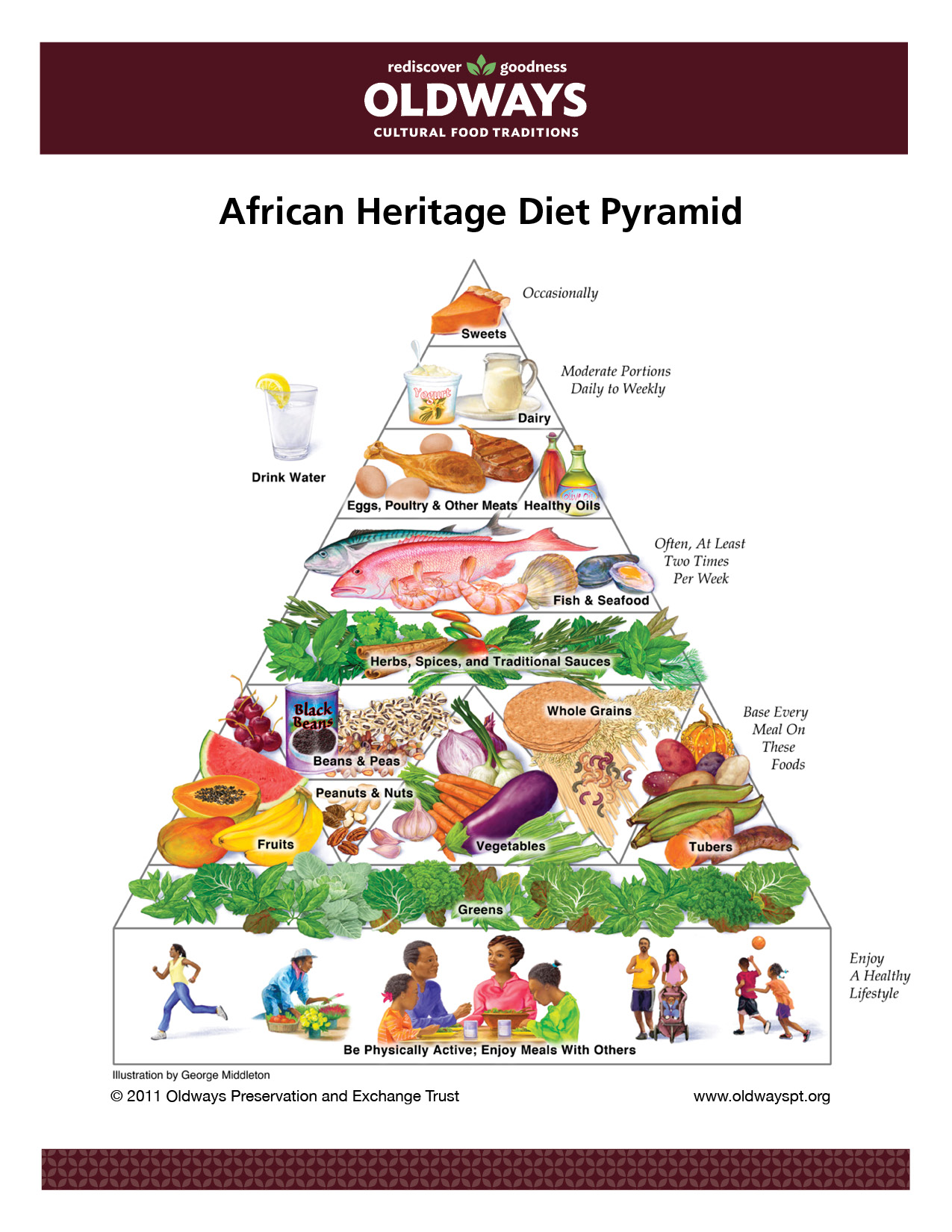African Americans are disproportionately affected by several chronic diseases, highlighting the need for more inclusive dietary research and programming. To learn more about the role that African heritage and health play in the nutrition research community, we caught up with Dr. Allan J. Johnson, Associate Dean of the Division of Allied Health Sciences in the College of Pharmacy, Nursing and Allied Health Sciences at Howard University, and a Professor in the Department of Nutritional Sciences. Dr. Johnson is one of Oldways esteemed African Heritage and Health Advisory Committee Members, and the legacy of his work continues to inform our programs today. (Interview below has been edited and condensed for clarity.)
- How has culture and tradition played a role in your research
I am from Guyana in South America and left home for a degree in chemistry and Master’s in international nutrition. My Master’s program was in Jamaica, where I focused on the nutritional stages of childrens health, and I later received my PhD in nutritional anemia focused in Guyana. While working at Howard University as a faculty member, the majority of my research focuses on the United States. Studies of the risk factors for nutrition-related diseases do not focus enough on my own culture/ethnicity.
Recently I’ve received a grant that focuses on looking into ways of involving more minorities in clinical studies. We are partnering with the National Institute of Health for equitable clinical trial participation and the goal of that is to increase minority participation in clinical trials.
- South America (where you grew up), the Caribbean (where you studied), and the United States (where you now live) are all regions of the African Diaspora that have been touched by African culture and cuisine. What does the term African Heritage foods mean to you
When I think of the term African Heritage food, I think within my own perspective of growing up in Guyana. There were certain foods that we ate in which I continue to eat. To me, African Heritage foods means that people of the African Diaspora continue their dietary practices. One of the advantages of living in Washington D.C. is that the city offers many international food markets and restaurants that tend to expand my own eating habits.
- Carrying forth food traditions is such an important aspect of the African Heritage Diet for so many of our readers. Could you tell us more about some ingredients and dishes you grew up eating
Foods from my home country include ground provisions, callaloo, cassava and my favorite, which is Guyana’s national Christmas dish, called pepperpot. It includes cassareep (liquid from cassava root) and the holiday drink called sorrel. (Sorrel is a species of the hibiscus family.)
- Nutrition research often lays the groundwork for nutrition programming, yet studies don’t always represent the most diverse perspectives. What are the research gaps that should be prioritized to address health inequalities within the U.S. Black population
From my research on risk factors relating to nutritional diseases, we focus on the African American community in the U.S. The biggest gap in spite of the research that has already been done in this held would be that we still do not know the exact reasons for the ethnic and racial disparities in nutrition related diseases specifically, when comparing the risk factors for these diseases with the African American community and the similar risk factors in the white identifying U.S. population. I would also like to add the Latino population to this equation in regards of why minorities tend to suffer more from nutrition related diseases. No research has yet been conclusive to explain the disparities of risk factors among U.S. ethnicities.
Another area of research that I had started with a group in the 80s that was funded by the NIH focused on pregnancy (low birth weight). Unfortunately at the time, Washington D.C, where the research was conducted, had the highest prevalence and incidence of low infant birth weights. My group started the research by focusing on the African American community and later extended our scope of research to examine the Hispanic community. At Howard University we are pioneers at looking into the reasons for the highest incidence of low infant birth weights for African Americans in the nation. During our study, the incidence of low infant birth weight in the Hispanic community was similar to that of African Americans.
- Can you tell us more about the types of nutrition related diseases that you study, particularly as they relate to the African American population
The nutritional diseases I focus on are coronary heart disease, hypertension (high blood pressure) and obesity. For all of these diseases there is a higher rate of morbidity and mortality in African Americans within the U.S. For example, coronary heart disease mortality rates are about 1.2-1.5 times higher in African Americans compared to the white population, and hypertension is within a similar range. I have also done some research on diabetes with the African American community and the mortality rate is about twice as high in African Americans compared to white people. What we are trying to figure out is the reason for why there is this disparity in mortality rates regarding nutrition related diseases.
Learn more about the African Heritage & Health Program









Leave a comment